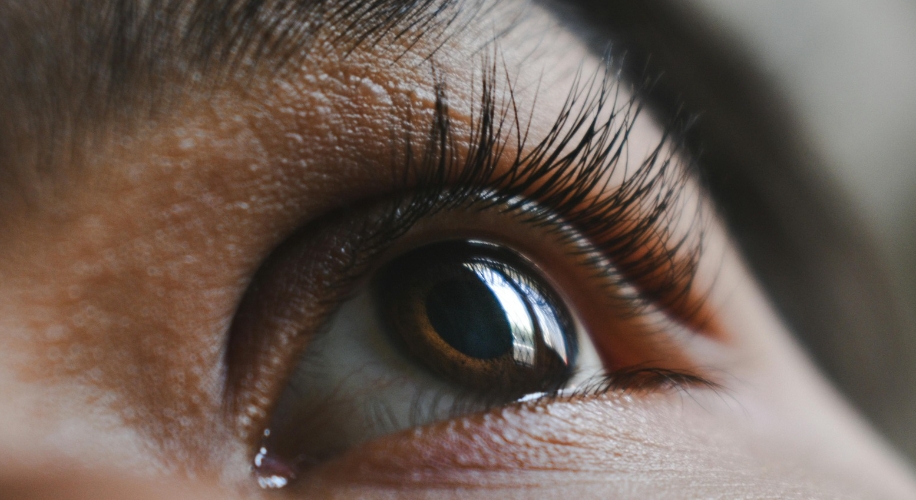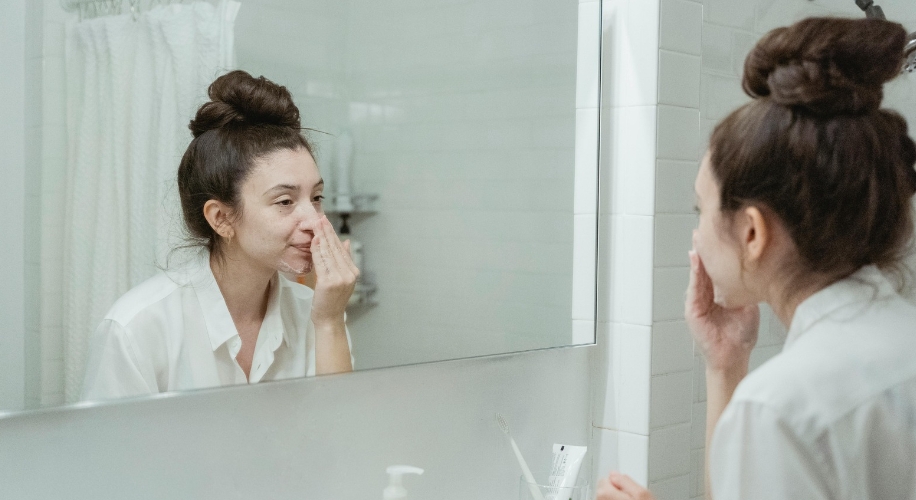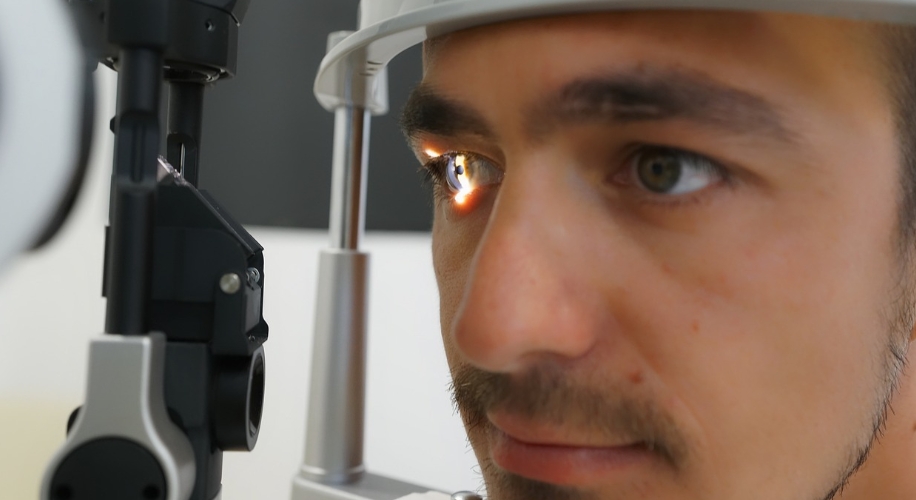Understanding Blepharitis: Symptoms, Causes, and Treatment
- BY Dr. Steven Liem
- IN Eye Care
Blepharitis is a common eye condition that affects people of all ages, causing discomfort and irritation. At Zenni, we understand the importance of eye health and are dedicated to providing comprehensive information on various eye conditions. Understanding the symptoms, causes, and treatment options for blepharitis is crucial for managing this condition effectively. By equipping yourself with the right knowledge, you can take proactive steps towards maintaining optimal eye health and improving your overall quality of life.

Photo by Kush Kaushik
What is Blepharitis?
Blepharitis is an inflammation of the eyelids that typically affects the edges where the eyelashes grow. It can be acute or chronic and may involve both eyelids simultaneously. The condition is often accompanied by redness, itching, and a gritty sensation in the eyes.
Symptoms of Blepharitis
Here are some common symptoms of blepharitis that individuals may experience:
- Eye Irritation: Individuals with blepharitis often experience itching or a burning sensation in their eyes.
- Redness and Swelling: The eyelids may appear red and swollen, particularly at the base of the eyelashes.
- Crusting and Stickiness: Patients may notice crusts or scales on the eyelashes, especially upon waking up.
- Sensitivity to Light: Some people with blepharitis may become more sensitive to light (photophobia).
- Watery Eyes: Excessive tearing or watering of the eyes can occur as a result of irritation.
Causes of Blepharitis
Here are some common causes of blepharitis:
- Bacterial Infections: Staphylococcus bacteria are often implicated in cases of blepharitis.
- Seborrheic Dermatitis:This skin condition can affect the scalp, face, and eyelids, contributing to blepharitis.
- Meibomian Gland Dysfunction: Dysfunction of the meibomian glands, which produce oils that lubricate the eyes, can lead to blepharitis.
- Eyelash Mites: Demodex mites, which naturally inhabit facial skin, can contribute to blepharitis when they accumulate in eyelash follicles.
Diagnosis
Diagnosing blepharitis typically involves a comprehensive eye examination by an eye care professional. They may examine the eyelids, evaluate symptoms, and perform tests to determine the underlying cause.
Treatment Options
Here are some common treatments of blepharitis:
- Eyelid Hygiene: Regular cleaning of the eyelids can help manage symptoms. This involves using warm compresses and gentle eyelid scrubs to remove debris and crusts.
- Medications: Antibiotic ointments or steroid eye drops may be prescribed to reduce inflammation and manage bacterial infections.
- Artificial Tears: Lubricating eye drops can alleviate dryness and discomfort associated with blepharitis.
- Omega-3 Supplements: Some studies suggest that omega-3 fatty acids may help improve symptoms of blepharitis by reducing inflammation.
- Treatment of Underlying Conditions: If seborrheic dermatitis or meibomian gland dysfunction is contributing to blepharitis, treating these conditions may be necessary.

Photo by Miriam Alonso
Prevention Tips
Here are some prevention Tips:
- Maintain Good Eyelid Hygiene: Clean your eyelids regularly to prevent the buildup of crusts and bacteria.
- Avoid Eye Irritants: Remove makeup before bedtime and avoid using expired or contaminated eye products.
- Manage Dry Eyes: Use humidifiers indoors and consider using artificial tears if you have dry eyes.
- Follow Medical Advice: Take prescribed medications as directed by your eye care professional.
While blepharitis can be uncomfortable, proper management and consistent eye care can help alleviate symptoms and prevent complications. If you suspect you have blepharitis or experience persistent eye irritation, consult with an eye care professional for an accurate diagnosis and personalized treatment plan. By understanding the symptoms, causes, and treatment options for blepharitis, you can take proactive steps towards maintaining healthy eyes and improving your overall quality of life.


